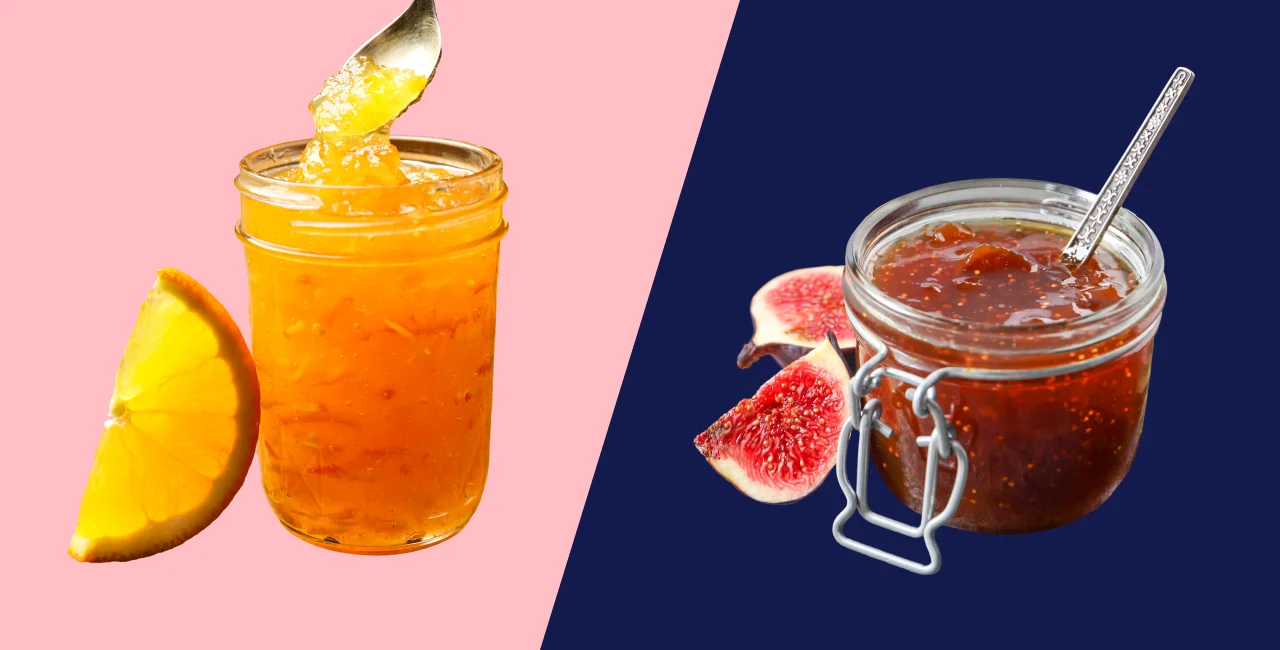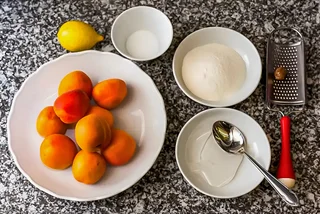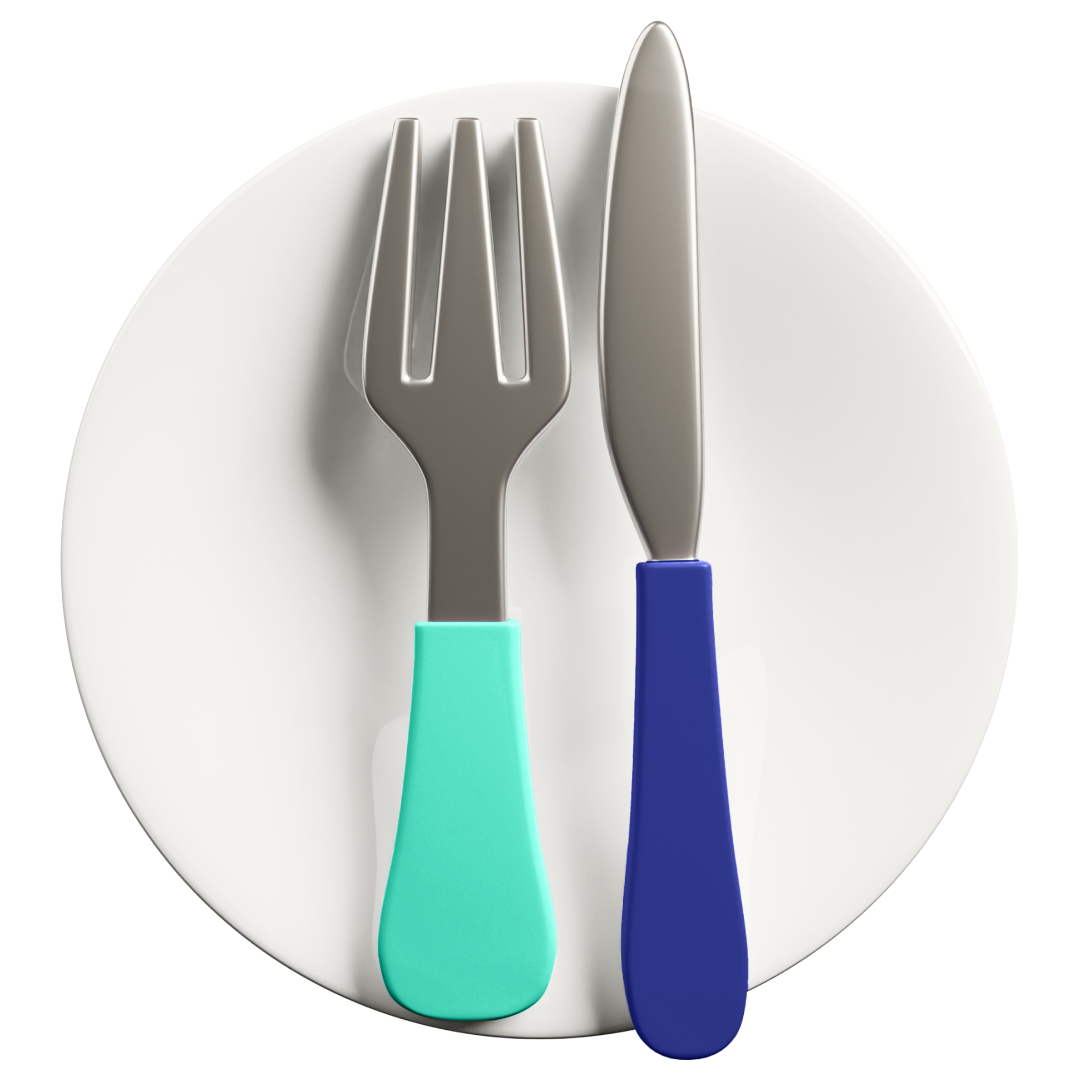The Czech Ministry of Agriculture has officially redefined “marmalade” (marmeláda) to include all fruit preserves, including jam (džem)—an update inspired by the European Union’s “breakfast directive,” which aims to harmonize Czech food labeling with EU standards while bringing more transparency to your toast.
Until now, marmeláda in Czechia strictly referred to citrus-only preserves—think classic orange marmalade. Anything else fruity, like strawberry or plum, was labeled džem. But starting next summer, the labels are being streamlined. Under the new rules, anything fruity and spreadable is fair game for the marmalade label.
The new regulation, aligning with EU standards, helps consumers understand exactly what’s in the jar based on the type of fruit and the preserve’s consistency. The law still ensures that there are guidelines for how much fruit has to be in the product for it to be called jam or marmalade (35 percent for jam, 20 percent for marmalade).
No more mystery honey
Under the new directive, vague labels like “mixture of honey from non-EU countries” will also be a thing of the past. From now on, honey jars must list every country of origin in descending order and the percentage of honey from each.
The new update allows syrups to be sweetened with natural alternatives to sugar, offering pancake enthusiasts more health-conscious options. Meanwhile, a draft decree covering beverages, fermented vinegar, and yeast will introduce updated definitions for fruit juices, concentrated fruit juices, and coconut water based on sugar content.
Under the new law, eggs can now be stored at temperatures between 5 and 24 degrees Celsius, up from the previous limit of 18 degrees. This change is designed to give producers more flexibility and help farmers cut down on energy costs.
The new rules for meat and fish products will set clear standards for traditional deli counter fare like jitrnice (Czech liverwurst sausage) and zavináče (herring rollops). These foods can only be labeled with those names if they meet the required criteria. The guidelines will also clarify the meat content requirements for shelf-stable meat products.
“Thanks to more precise labeling, the new regulations should help consumers better navigate the variety of products on the market,” said Agriculture Minister Marek Výborný. “At the same time, these amendments do not impose significant new demands on food businesses.”
The proposed regulations are currently going through the interdepartmental review process. After being discussed by the Government’s Legislative Council, they’ll be sent to the European Commission for notification. The Ministry of Agriculture expects these rules to take effect on July 1, 2025.













 Reading time: 2 minutes
Reading time: 2 minutes 





















